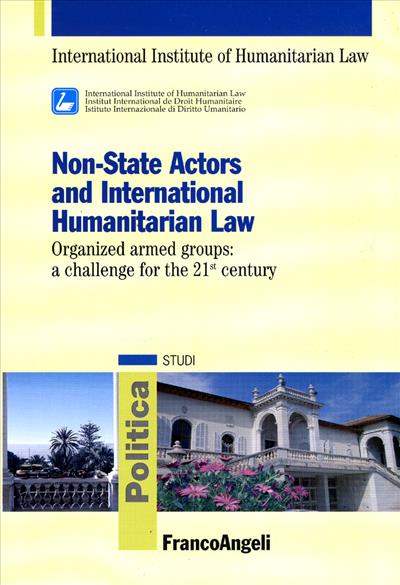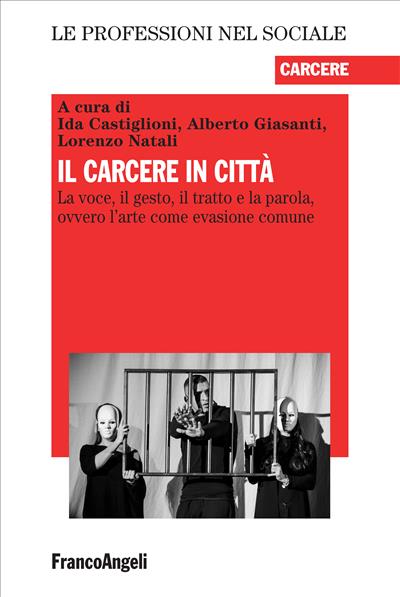
International Institute of Humanitarian Law
Non-State Actors and International Humanitarian Law.
Organized armed groups: a challenge for the 21st century
In a security landscape characterised by the changing nature of armed conflicts and the proliferation of non-state actors, the problem of the applicability and enforcement of international humanitarian law poses a number of new controversial issues and fundamental challenges. Difficulties arise in clarifying the very notion of non-state actors; in defining whether and when they are parties to an armed conflict; in ensuring their adherence to relevant principles and rules of international humanitarian law; in preventing, prosecuting and sanctioning violations.
Pagine: 256
ISBN: 9788856824278
Edizione: 1a edizione 2010
Codice editore: 1136.85
Disponibilità: Nulla
Pagine: 256
ISBN: 9788856827200
Edizione:1a edizione 2010
Codice editore: 1136.85
Possibilità di stampa: No
Possibilità di copia: No
Possibilità di annotazione: No
Formato: PDF con DRM Readium LCP




